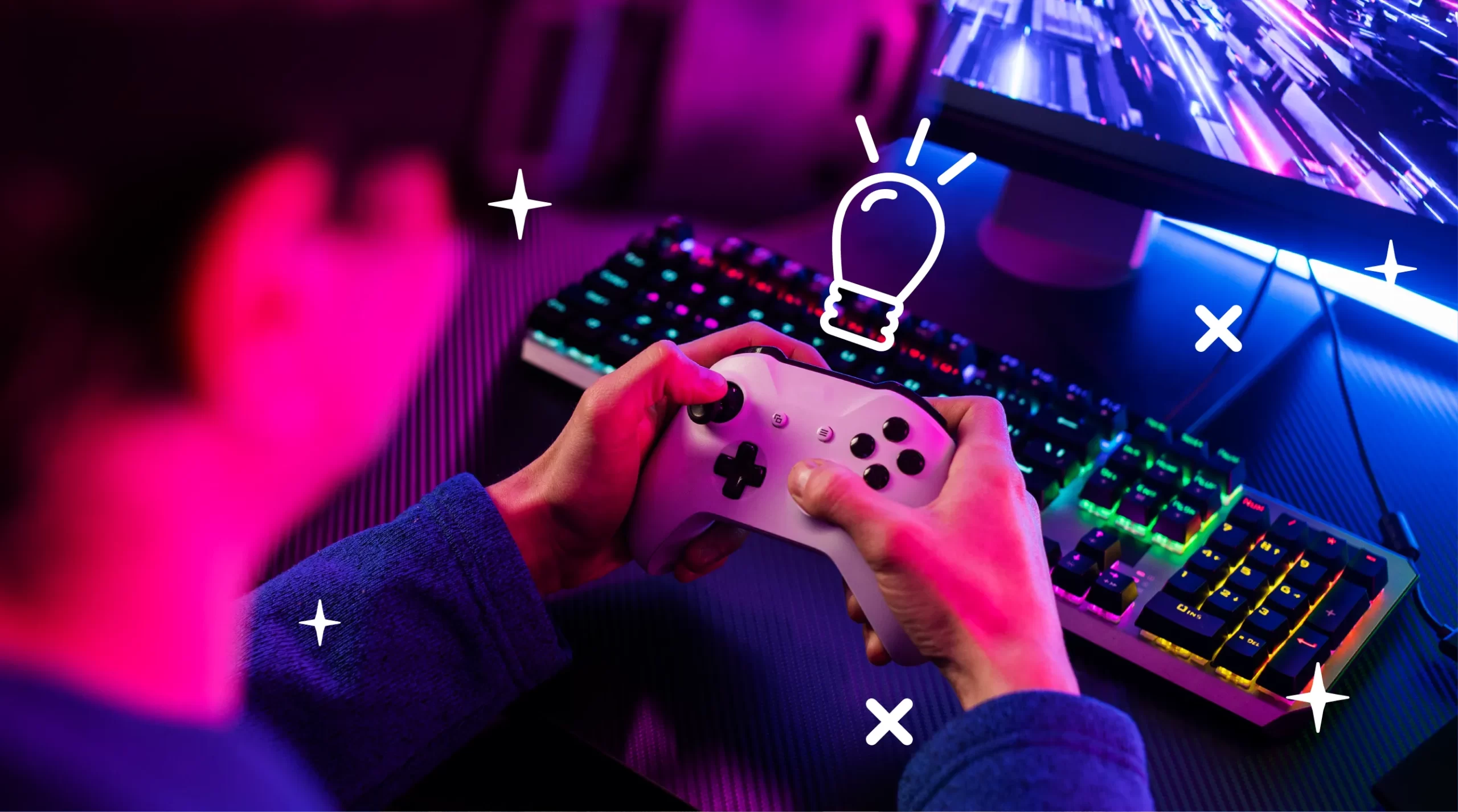Video games are rapidly becoming one of the most popular forms of entertainment worldwide, with a wide variety of genres and platforms. While entertainment is the main appeal, these games offer various benefits that are often overlooked.
Benefits of Video Games for Social Inclusion of People with Disabilities
Video games are quickly becoming one of the most popular forms of entertainment worldwide, with a wide variety of genres and platforms. While entertainment is a key attraction, these games offer various benefits that are often overlooked.
Positive Social Effects of Video Games on People with Disabilities
Video games have not only entertainment value but also they are valuable for creating social connections among people with disabilities. These games provide opportunities for individuals with disabilities to connect with society and enjoy common experiences. Some of the social benefits of these games include developing social skills, making new friends, and reducing feelings of loneliness. For example, individuals with disabilities can participate in online groups through video games and establish meaningful relationships, which can strengthen their sense of belonging to the community and reduce feelings of isolation.
Development of Social Skills
These games can provide individuals with disabilities the opportunity to communicate with others remotely, without facing physical mobility issues or environmental settings. These interactions can strengthen their sense of community and reduce the feeling of being isolated. Through online multiplayer games, individuals can interact with friends and people who may be difficult to access in real-life settings,
building social relationships where acceptance and interaction can be valuable.
Making New Friends
Video games can facilitate individuals with disabilities in making new friends. These effects can be through online games that attract individuals to groups of similar players and encourage social interactions. By creating a non-pressurized environment and friendly competitions in games, individuals can communicate and find new friends for interactions in the real world. These connections can be through chats, joint teams, or even virtual sessions for multiplayer games, fostering social bonds and reducing feelings of loneliness.
Meeting new people
These spaces provide the opportunity to meet new people both online and in person – who share similar interests. In fact, gamers worldwide report that video games and digital games have helped them meet new people and connect with others who share common interests. Additionally, playing video games provides the opportunity to converse with other players who have similar interests. So even when you’re not actively playing, you may still talk about it, analyze strategies, interact with others about something you all enjoy, and even earn income online. New individuals you play with in video games often can become your friends, especially when you play with them more often. This may even lead to opportunities for in-person meetings and strengthening friendships, particularly for individuals with disabilities who have difficulty finding new friends in their daily lives.
Reducing Loneliness
Online games allow disabled individuals to connect with other players and participate in group activities, reducing feelings of loneliness. Video games typically bring a virtual and beautiful world that allows individuals with disabilities to enjoy new spaces and be interested in beauties that may be difficult to access in the real world. This experience can reduce feelings of loneliness and provide a sense of happiness and joy. Unfortunately precise statistics on gamers with physical disabilities in 2024 are unavailable.
However
estimates suggest around 20% of American gamers have some form of disability. Globally, this population is likely smaller due to various barriers like inaccessible designs and high equipment costs. Nonetheless, efforts in developed countries have improved accessibility, with disabled individuals even becoming professional streamers. Disabilities can affect visual, auditory, physical, and cognitive functions, posing challenges in gaming. While developers strive to enhance accessibility, achieving a flawless experience remains a journey.
Many games rely on physical interactions, which can be difficult for those with disabilities. Specialized hardware like joysticks helps, but more support is needed, especially in consoles. Advancements in gaming technology, including Microsoft’s Xbox Adaptive Controller, are promising steps toward inclusivity. Ultimately, society must accept and amplify the voices of disabled individuals, striving to meet their needs and improve their quality of life.
Many people overlook the accessibility of video games for those with disabilities. Rowland noted that playing video games can seem foreign to children with complex disabilities.
However
beyond entertainment, video games offer therapeutic benefits, particularly for children with cerebral palsy. Motion-sensing and virtual reality games are beneficial in physical therapy. Additionally, certain games can improve cognitive skills such as problem-solving and spatial awareness.




